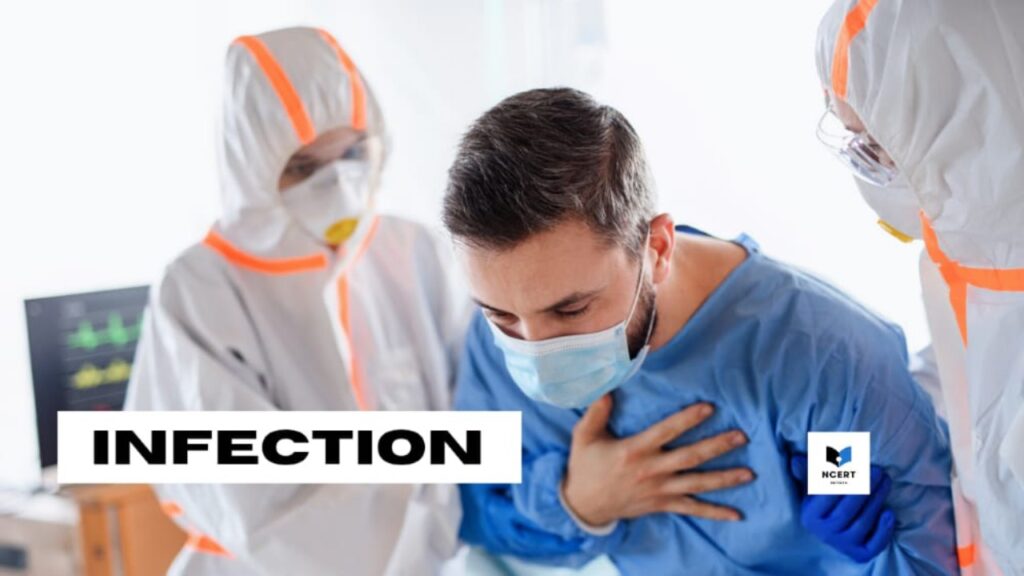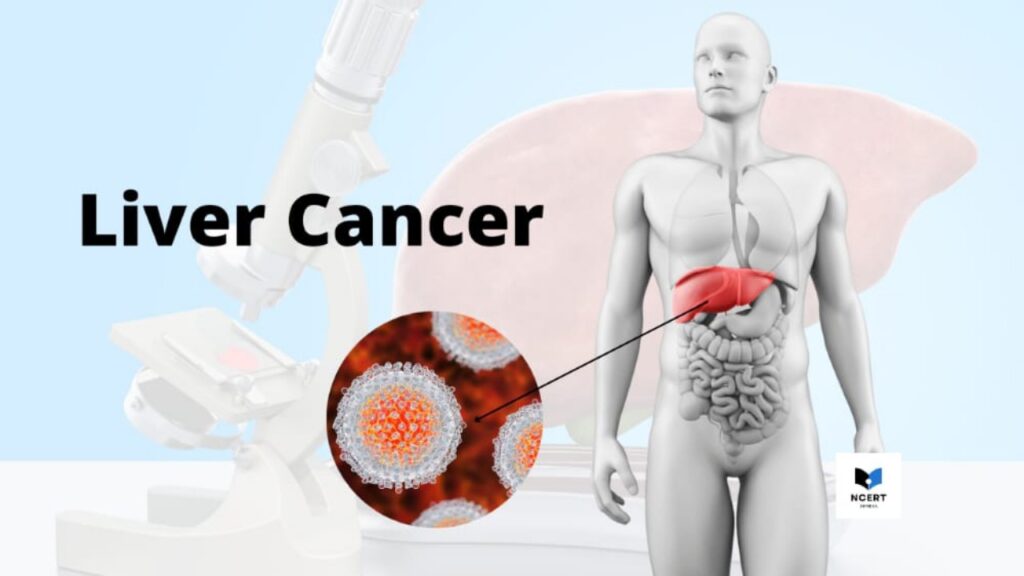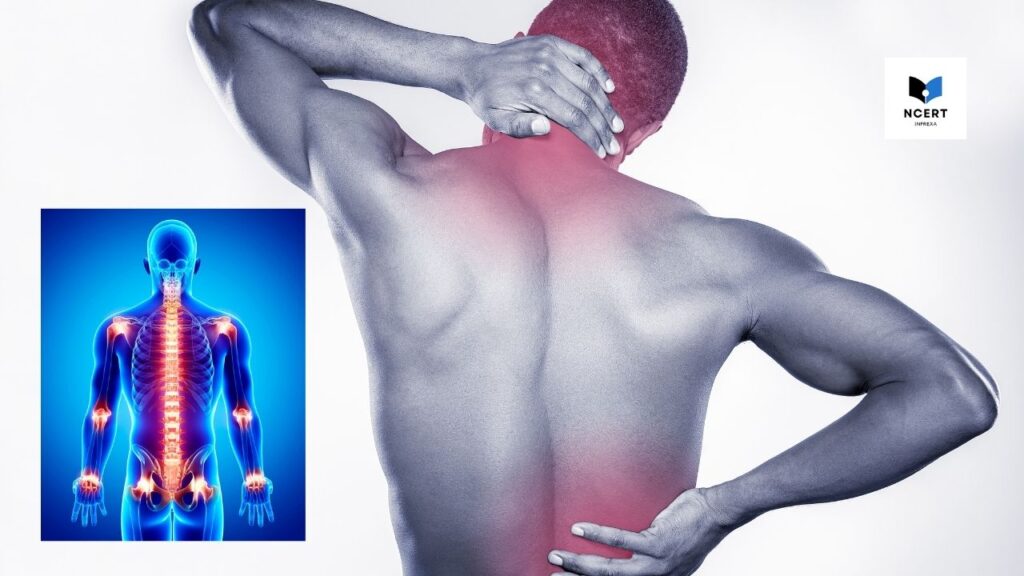Infection occurs when an external organism enters and harms a person’s body. These organisms use the body of the individual to survive, reproduce and settle down.
Some infections are mild and go unnoticed, but some can be serious and life-threatening. For some infections, treatment has no effect.
Infection can be spread through various means, such as skin contact, contact with someone else’s bodily fluids, and contact with feces and particles in the air.
Infection can also be spread by touching an object that has been touched by an infected person. How the infection spreads and its effect on the body depends on the type of pathogen causing the infection.
The immune system can block the infectious agent, but the immune system is not effective at preventing large numbers of them. In such cases the infections become harmful.
Many pathogens release toxins, which have a very bad effect on the body.
Types of Infections
Following are the different types of pathogenic organisms (agents) that cause infection:
- Bacteria
- Virus
- Fungi
- Protozoa
- Parasites
- Prions
- These agents vary in size, shape and effects on the body.
Some of the common types of infection are as follows:
Bacterial Infection
Bacteria are single-celled microorganisms called prokaryotes. Bacteria can live in most environments, such as extreme heat and extreme cold. Some bacteria can even survive on radioactive waste.
Following are some examples of bacterial infections:
- food poisoning
- eye infections
- pneumonia
- skin infections
- sexually transmitted diseases
- Bacterial meningitis
- Otitis media: Middle ear infection
- TB
- upper respiratory tract infection
- Stomach inflammation (gastritis)
- Sinus
- urine infection
Viral infection
Viral infections are caused by viruses. Viruses can remain dormant for a long time before multiplying, making it appear that a person is healthy, but if the virus becomes active again, he can become ill.
Following are some examples of viral infections:
- gastroenteritis
- Zika virus
- HIV
- common cold
- Encephalitis and Meningitis
- Dengue
- Swine flu
- ebola
- Warts and Skin Infections
- hepatitis C
- polio
- Influenza
Fungal infection
Fungi are mostly multicellular parasites. There are some good bacteria in the body that maintain the balance of microorganisms in the body parts. If these good bacteria are destroyed, then fungus starts growing in the body, and health problems can occur.
The following are some examples of fungal infections:
- Athlete’s foot
- Shingles
- Certain eye infections
How does Infection spread
Direct contact
The easiest way to spread the infection is through contact with a person or animal that is already infected. These methods are as follows:
Animal-to-person – You can get an infection from an animal bite or scratch (even from a pet). Contact with animal feces and urine can also be dangerous.
Person to person – The infection spreads from person to person by touching, kissing or sneezing and coughing around. Infection germs are also spread through the exchange of body fluids during sexual activity.
Mother to child – The infection can be spread from a pregnant woman to her baby during pregnancy. Some germs can also spread from the placenta (placenta: umbilical cord) to the baby. Germs present in the vagina can spread to the baby during delivery.
Indirect contact
Infection-causing germs can also spread indirectly. These methods are as follows:
Insect Bites – Some germs are spread by the bites of mosquitoes, lice and other small insects. If you are bitten by an infected insect or mosquito, you can also get the infection. For example, mosquitoes spread the germs of malaria.
Eating spoiled food – Germs can be spread by eating spoiled food or drinking water. In this way, many people can be infected at once.
By touching objects – You can also get an infection if you touch your eyes, nose or mouth after touching something that was touched by a person infected with a cold or cold, without washing your hands.
Symptoms of Infections
Each disease caused by infection has different symptoms. Some of its common symptoms are as follows:
- Muscle Pain
- Fatigue
- Cough
- Fever
- Diarrhea
When to see a doctor?
Go to your doctor immediately in the following circumstances:
- Rash and swelling
- Prolonged fever without any reason
- Cough for more than a week
- Severe headache accompanied by fever
- Sudden vision problems
- bite of an animal
- difficulty breathing
Causes & Risk Factors
Problems caused by infection occur in the following ways:
Fungi
Problems such as ringworm and “athlete’s foot” are caused by fungi. Some other types of fungi can affect your lungs and nervous system.
Bacteria
Bacteria cause infections such as sore throat, urine infection, and tuberculosis.
Virus
Viruses are smaller than bacteria but can cause infections ranging from the common cold to AIDS.
Parasite
Malaria is caused by tiny parasites, which are spread through mosquito bites. Other types of parasites can be spread through contact with animal feces. (Read more – Malaria Test)
Risk factors for infection
Anyone can get an infection, but if your immune system is not working properly, you are at a higher risk of getting an infection. Your immune system may be weakened if:
- You don’t get enough sleep.
- You have cancers that directly affect the bones, such as “leukemia” and “lymphoma”.
- You have had or are undergoing chemotherapy.
- You are taking steroids or medicines that block the function of your immune system.
- You have HIV or AIDS.
- You have certain types of cancer or disorders that affect your immune system.
- You are too old.
- You have sugar. (Read more – Sugar Test)
- “Radiation therapy” has been used on large parts of your body or on the pelvis, legs, chest, and abdomen.
- There are medical devices placed in your body.
- You have malnutrition.
Prevention
You can take the following measures to avoid infection:
- Take a good and balanced diet.
- Do not eat raw food and wash and cook fruits and vegetables.
- Wear gloves when doing household chores, especially cleaning.
- Do not come in contact with animal feces and urine.
- If you are sick, stay at home.
- Brush your teeth and gums with a gentle brush. Use mouthwash if your doctor or dentist recommends it.
- Do not eat raw milk and things made from it.
- Get yourself tested for sexually transmitted diseases like HIV and hepatitis B, and protect yourself from them by using a condom.
- If you have fever, vomiting, or diarrhea, don’t go to the office, and don’t send your child to school if they have these symptoms.
- Do not share food, utensils, toothbrushes, and makeup items.
- Wash your hands thoroughly and frequently or use hand sanitizer, especially after coming from the bathroom and before eating.
- Take a bath every day
- Apply lotion to keep the skin from drying out and cracking.
- Vaccines are available for most diseases, so ask your doctor about giving your child these vaccines.
- Get enough rest.
Diagnosis
In an epidemic of infection, it is easy for the doctor to identify other cases related to the infection.
The following tests are done for other infections:
Swab test
A sterile swab is taken from your throat or other moist areas of the body for examination.
Stool test
You may be asked to take a sample of your stool to check for parasites and other organisms.
Imaging test
Symptoms can be detected by X-ray, CT scan and MRI test.
Blood test
Blood can be tested for the presence of “antigens” in the body (antigens: proteins present in viruses that activate the body’s immunity). Blood tests can also be done to check for “antibodies” (antibodies: proteins made by the body to protect against viruses) present in the body.
Urine test
In a urine test, you are asked to urinate in a vessel or vessel. You may be asked to clean your genitals with an antiseptic pad first to prevent contamination of the urine sample.
Biopsy
In a biopsy, a small sample is taken from the tissue of an internal organ for testing. For example, a biopsy of lung tissue can detect the type of fungus causing pneumonia.
Infections Treatment
After knowing the type of germ causing the infection, your doctor chooses the right treatment. Its remedies are as follows:
Antifungals
Antifungal medications are used to treat skin and nail infections. Oral antifungal medications can be used to treat the lungs and mucous membranes. Intravenous antifungal drugs are used to treat severe infections of internal organs.
Anti-parasitics
Some diseases, such as malaria, are caused by tiny parasites. Medicines are available to cure infections caused by these parasites, but they are not effective on some parasites.
Antibiotics
If the type of bacteria causing the infection is known, it becomes easier to treat. Sometimes it becomes difficult to find out which germ is causing the infection. Just as some types of pneumonia are caused by viruses, and some are caused by bacteria.
Antivirals
Antiviral drugs have been created to treat certain viruses, such as HIV/AIDS, herpes, hepatitis B, hepatitis C, and influenza.
Lifestyle changes and home remedies
Many diseases like colds get cured on their own.
Certain substances prevent infection, such as gooseberry, garlic, vitamin C, vitamin D and zinc.
Risks & Complications
Most infection-related illnesses have very few complications, but diseases such as pneumonia, AIDS, and meningitis can be life-threatening. Certain types of infection increase the risk of cancer.
- Helicobacter pylori is known to be associated with colon cancer and peptic ulcer.
- Hepatitis B and C are known to be associated with liver cancer.
Some infections-related diseases are cured first and after some time again affect you. For example, a person who has had chickenpox can get shingles after many years.




